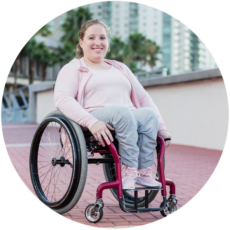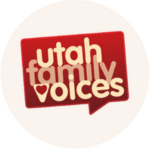Spinal Cord Awareness
September is National Spinal Cord Injury Awareness Month. This special month helps us recognize the bravery of people with spinal cord injuries (SCI) and their families. It’s also a time to teach everyone about SCI and how we can support those living with this condition.
People with spinal cord injuries face many challenges that others might not think about. Depending on how serious the injury is, they may need:
– Homes that are easy to get around in with a wheelchair
– Help from caregivers
– Constant medical care
– Special vehicles with lifts or ramps
– Businesses that can accommodate their needs
Spinal cord injuries can happen from different events, such as car accidents, falls, or sports injuries. Sometimes they can also result from violence or problems during surgery.
There are two types of spinal cord injuries: complete and incomplete. A complete injury means there is total paralysis below the injury and it usually doesn’t improve. An incomplete injury means that some movement or feeling remains, and there is a chance for improvement.
Even though having a spinal cord injury can change a person’s life, there are many ways to help them. Rehabilitation programs, adaptive equipment, and better accessibility are making life easier for many. Several organizations offer support by providing access to wheelchairs, scooters, and modified vehicles.
- The Utah Assistive Technology Program (UATP), part of the Institute for Disability Research, Policy and Practice at Utah State University is a great resource that focuses on making assistive technology available for people who need it. They can also help people afford the equipment necessary to promote independence in education, employment, and community settings.
- The Utah Center for Assistive Technology (UCAT) is a statewide resource that provides information and technical support to assist individuals with disabilities in obtaining and using assistive technology devices. UCAT offers free evaluations to anyone in Utah. To learn more about their range of services and to download a referral form, follow this link: [Referral Form](https://jobs.utah.gov/usor/vr/services/ucatreferral.pdf).
Additional Resources
Orthopedic Impairments Utah Parent Center
Triumph Foundation: Helping People Triumph Over Paralysis








